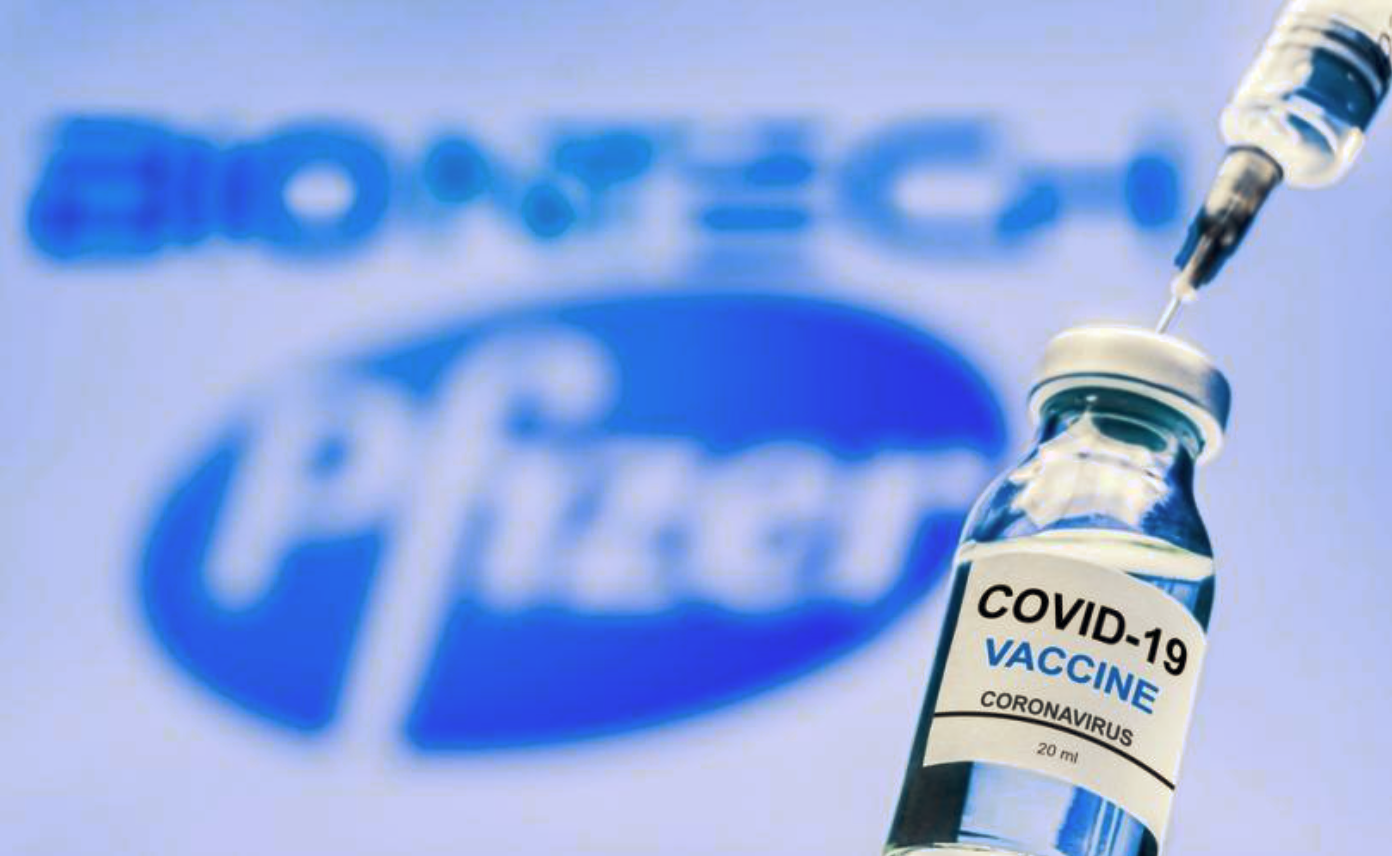COVID-19 vaccine manufacturer Pfizer has been accused of hiding behind a veil of secrecy to profiteer during the "worst public health crisis" in over 100 years.
Key points:
- The company is able to change its vaccine delivery schedule (without penalty)
- Brazil can't accept COVID vaccine donations from other nations, without Pfizer's consent
- Pfizer raised the annual sales forecast for its COVID-19 vaccines to $US33.5b (up 29 per cent)
That was the key criticism made by Public Citizen, a consumer rights group, which published a report containing leaked Pfizer contracts with the United States, United Kingdom, European Commission, Albania, Brazil, Colombia, Chile, Dominican Republic and Peru.
In some of the contracts (some of which were in draft or final form), Pfizer had the power to block countries from donating their COVID-19 vaccines to other countries, unilaterally change delivery schedules if there was a shortage, and demand that public assets be used as collateral. If there was a dispute, it would be not be decided by a court (a public forum), according to some of the contracts. Instead, they stated, any disagreements would be resolved through private arbitration under New York law.
"The contracts offer a rare glimpse into the power one pharmaceutical corporation has gained to silence governments, throttle supply, shift risk and maximise profits in the worst public health crisis in a century," Zain Rizvi, the author of the report, said.
Some countries signed contracts, waiving "immunity against [Pfizer's] precautionary seizure of any of [their] assets", including Brazil, Chile, Colombia and the Dominican Republic. The Brazilian government was prohibited from making "any public announcement concerning the existence, subject matter or terms of [the] agreement" or commenting about its relationship with Pfizer, unless it had the company's prior written consent.
Unclear arrangements
Since August, the Australian government has had a "vaccine swap" deal with Singapore and Britain, and it has purchased 1 million Pfizer doses from Poland.
But it is unclear whether the federal government needed to ask permission from Pfizer before it could enter into those deals.
The ABC put those questions to the Department of Health.
In an emailed statement, the department said: "The details of the Advance Purchase Agreement (APA) with Pfizer for the purchase of their COVID-19 vaccine are commercial-in-confidence." On Wednesday, 70 per cent of Australians aged 16 and older had been fully vaccinated against COVID-19, a key milestone in the federal government's plan to reopen the country. Before that, the government was heavily criticised for the slow vaccine rollout and the decision from the Health Minister's office to not meet with Pfizer's executives until August 4, months after it was first approached by the company.
Documents released under Freedom of Information laws showed that health department officials did not want to sign a confidentiality agreement before they met with Pfizer representatives because it was "not usual practice". There were other reasons for the delayed vaccine uptake, including general vaccine hesitancy and concerns about the AstraZeneca jab and recipients' extremely rare chance of experiencing a blood clot.
Company will 'naturally get blamed'
Pfizer has tight control over the supply of its vaccines, even after they are delivered. For instance, Brazil is not allowed to buy or accept donations of Pfizer doses from another nation without Pfizer's approval, nor can it sell, donate or transport its vaccines outside the country. There is a reasonable explanation for that requirement to be included in Pfizer's contracts, according to the University of Queensland's biotech and pharmaceutical expert, Trent Munro.
"When pharmaceutical companies release a product, they generally lose control of where it's stored," he said.
